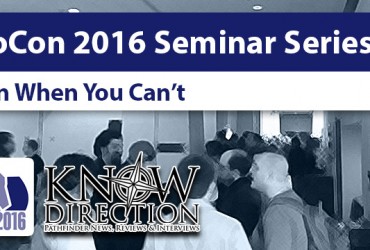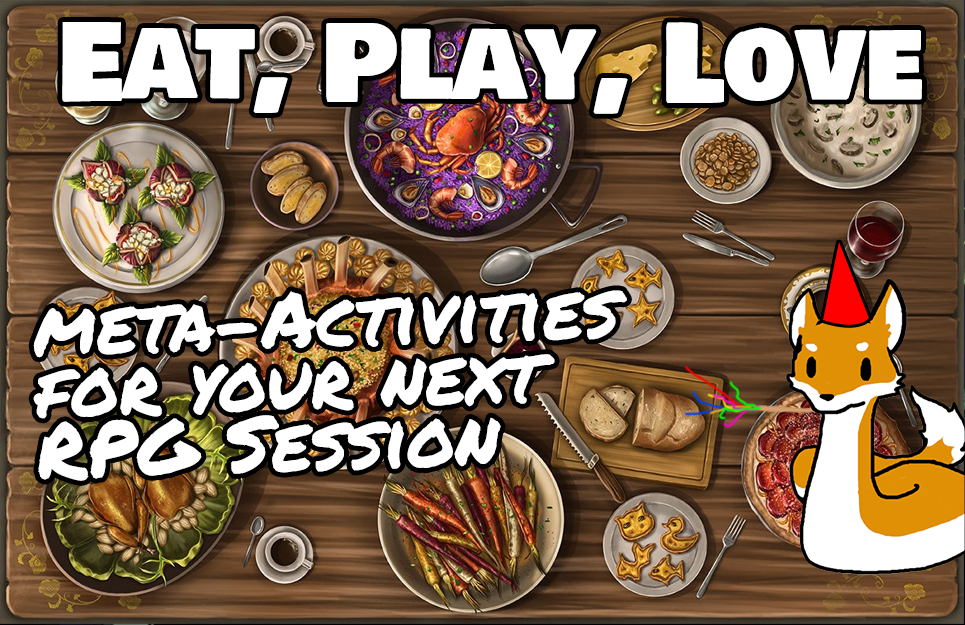When Paizo announced in May that they would be producing a new science-fantasy game and setting, Starfinder for many of us it was very exciting news. Which is why Monica and I are going to begin a series across both of our blogs on kitbashing your game into space today…or rather Thursday when her Inspire Confidence blog goes live because we also know as excited as we are for the new setting some players are less enamored with the concept. So while today I’ll be keeping our feet on terra firma I’d still like to discuss a little kitbashing.
Kitbashing RPGs is the practice of borrowing rules, setting, and thematic elements from diverse sources to reskin your campaign as something else. Every so often (often around holidays) I’ve been known to run a one night or limited series game. Many of those games have been themed to match the occasion and sometimes are played in specific settings there are either no rules for or if there are they’re for game systems we’re not playing.
So how do I cobble together my makeshift or kitbashed mini-campaigns?
I try to keep it simple and I often start with a character sheet. Character sheets are the first thing I look at when I’m learning a new RPG. It’s my first glimpse of how a system works. That holds true when I’m kitbashing a mini-game. A paper character sheet is preferable because I can start taking notes right away: This skill doesn’t fit but this other one we don’t have already does etc. In the end frequently then also build custom character sheets or just use statblocks for the PCs.
When I said I keep it simple…that’s mostly for the player’s benefit I often make pregen characters and then if I decide to make some drastic changes behind the scenes the players never have to see. Typically those changes come from existing resources such as Pathfinder Unchained, Unearthed Arcana (3.5), Rogue Genius’s Anachronistic Adventures or similar works. Anything that has rules that work for my planned game. Any additional rules changes I try to keep to a minimum. Stacking a number of unrelated rules options into a session can have weird results best not to get too crazy.
If you are playing with pregenerated character’s you also don’t have to show all of your work in this regard. You can build-in a number of changes without ever telling the PCs. I ran a 3.5 steampunk game once where I fixed the level at about 3rd reduced the number of hit points each character received and ever so slightly increased the skill points and feats. With some judicious re-flavoring a warforged rogue became a human investigator with a clockwork heart and other minor upgrades. I didn’t include character level, the actual race or the character class in the final character sheet while those elements would tell the PC’s a lot about how to play their characters a lot of unnecessary baggage comes along with that information and I wanted the players to focus on the setting in question.
We can kitbash our own mini-setting right now. We’ll use a property many of you are already familiar with Supernatural. Ignoring the fact that there already is a Cortex based Supernatural RPG, we’ll make ours Pathfinder compatible.
So starting off looking at the character sheet, we’ll want a few new knowledges including Lore. The characters make a big deal about “the lore” so we should definitely add that skill. We should also include Drive. If our pregens are going to stay close to the show we can probably skip out on piloting skills…not that those skills don’t exist we just won’t need them.
Characters. Obviously, we’ll need the boys Sam and Dean let’s run this in happier times so we can have Bobby and maybe Sherriff Mills. It could also be fun if you have more players to add Garth and or Rufus if everyone wants to be a hunter however I’d seriously consider adding a character or two the PCs need to help. Now while Alex converted the boys to Pathfinder characters some time ago those versions won’t match the low magic feel we’re shooting for today. You could even further divorce this from the show and make these new unique hunters so no one feels they should have script immunity.
Either way, I’d say we should build these characters at about 3rd or 4th level and I’d stick with non-magical or mostly non-magical classes like fighter, rogue and ranger. If you have access to them Rogue Genius Games Talented Class line that could be very helpful opening up the opportunity for some fine tuning so that even a group of similar classes can diversify. Variant multi-classing from Pathfinder Unchained would also help balance the party.
For rules we need to go with the guns everywhere option from Ultimate Combat, occult rituals and the new haunt rules from Occult Adventures. And since the characters on Supernatural frequently take serious beatings that clearly have an effect on them let’s add wound thresholds from Pathfinder Unchained.
Now that should create a pretty atmospheric and dangerous pathfinder version of Supernatural. Tune in Thursday as Monica takes us to the stars with some ideas on kitbashing sci-fi.





